How Crime and Punishment Work in Kingdom Come: Deliverance 2
Crime in Kingdom Come: Deliverance 2 significantly impacts gameplay, altering NPC interactions and potentially leading to severe consequences. Actions like theft, assault, or even minor infractions can result in serious repercussions. This guide details the mechanics of crime and punishment within the game.
Recommended Videos Related: Kingdom Come: Deliverance 2 Pre-Order Bonuses and Editions
Understanding Crime in Kingdom Come: Deliverance 2
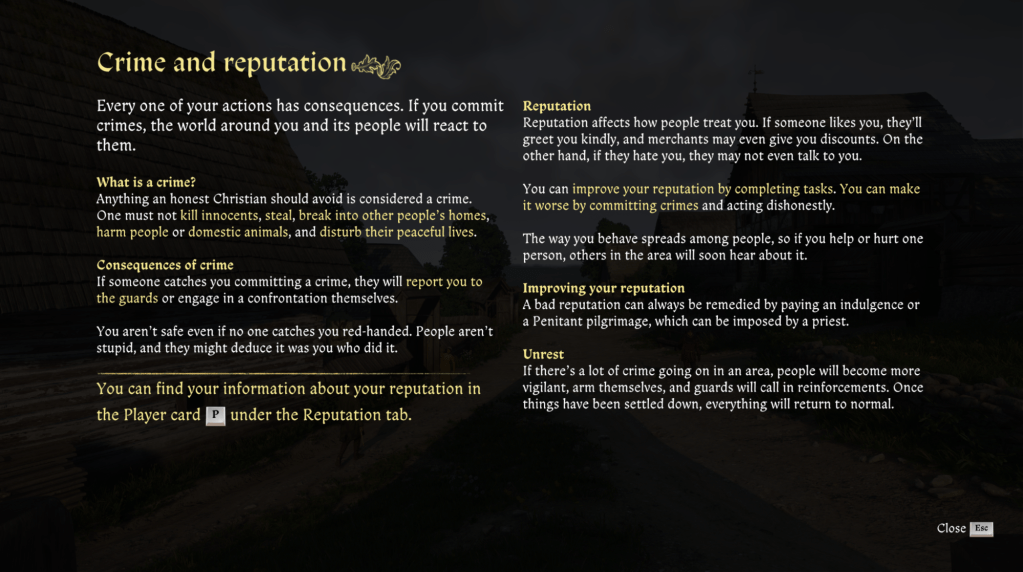
- Murder: Killing innocent NPCs.
- Theft: Stealing from residences, shops, or unconscious individuals.
- Lockpicking: Illegally accessing locked structures or containers.
- Pickpocketing: Directly stealing from NPCs.
- Assault: Attacking civilians or guards.
- Animal Cruelty: Harming domestic animals.
- Trespassing: Unauthorized entry into private areas.
- Disrupting Order: Causing disturbances in towns.
Consequences of Apprehension
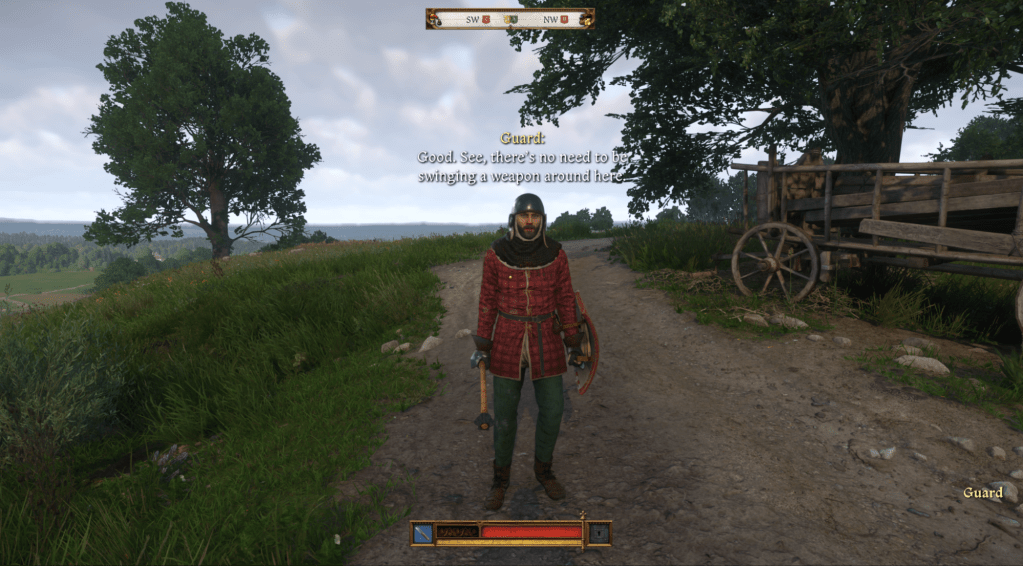
- Pay a Fine: The cost varies depending on the crime's severity.
- Negotiate: High Speech or Charisma skills may allow for persuasion, particularly for minor offenses.
- Flee: Attempting escape makes the player a wanted fugitive, requiring evasion and potentially disguise changes upon return.
- Accept Punishment: This results in penalties based on the crime's severity.
Punishment System in Kingdom Come: Deliverance 2
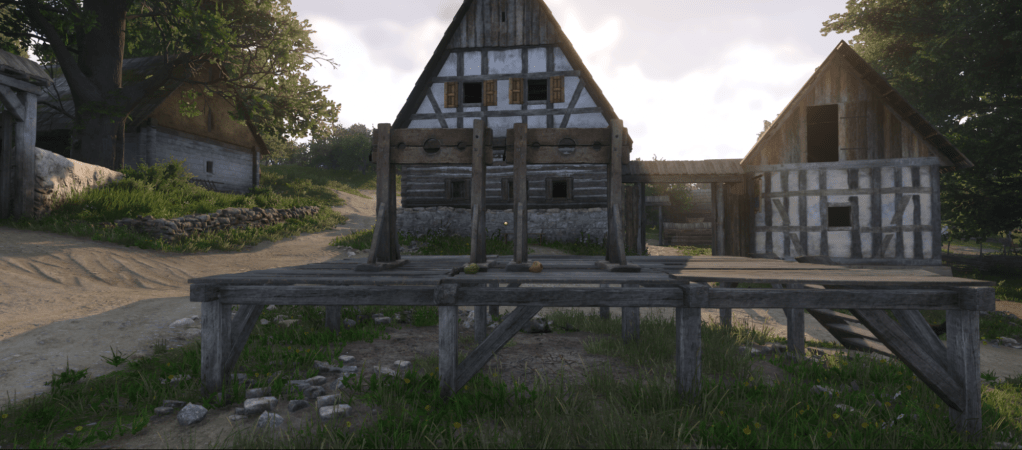
- Pillory (Public Humiliation): A short sentence for minor offenses like trespassing.
- Caning (Physical Punishment): Physical punishment for more serious crimes like assault or theft.
- Branding (Permanent Criminal Status): A permanent mark for repeat offenders or severe crimes, impacting NPC interactions and trade opportunities.
- Execution (Game Over): The ultimate penalty for particularly heinous crimes.
Reputation and its Impact
Reputation affects how NPCs interact with the player. Crimes lower reputation, leading to hostility and limited opportunities, while positive actions improve it, unlocking benefits and quests. Each town and faction tracks reputation independently.
Avoiding Capture
While the game allows for criminal activity, careful planning is crucial. Strategies for avoiding capture include:
- Minimize Witnesses: Ensure no one observes criminal acts.
- Disguise: Change clothing to avoid recognition.
- Nighttime Operations: Commit crimes under the cover of darkness.
- Strategic Sales: Sell stolen goods to fences or black-market dealers, away from the crime scene.
This comprehensive guide provides a detailed overview of the crime and punishment system in Kingdom Come: Deliverance 2, enabling players to navigate the game's consequences effectively.
Related: Achieving the Best Ending in Kingdom Come: Deliverance 2
-
1
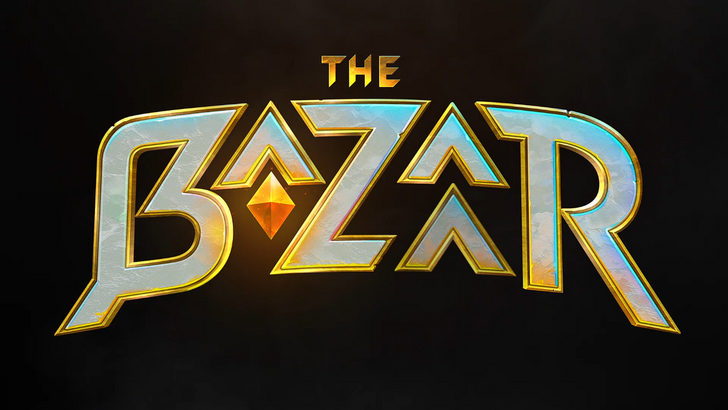
Announcing the Bazaar Release: Date and Time Unveiled
Feb 02,2025
-
2

Marvel Rivals Update: News and Features
Feb 19,2025
-
3

Novel Rogue Decks Android Debut
Feb 25,2025
-
4

GTA 6 Release: Fall 2025 Confirmed
Feb 23,2025
-
5
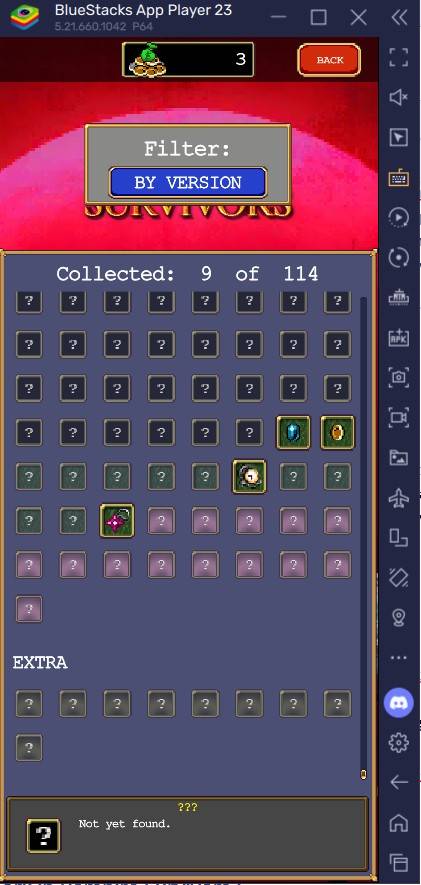
Vampire Survivors – Arcana Card System Guide and Tips
Feb 26,2025
-
6

DC Heroes Unite: New Series from Silent Hill: Ascension Creators
Dec 18,2024
-
7
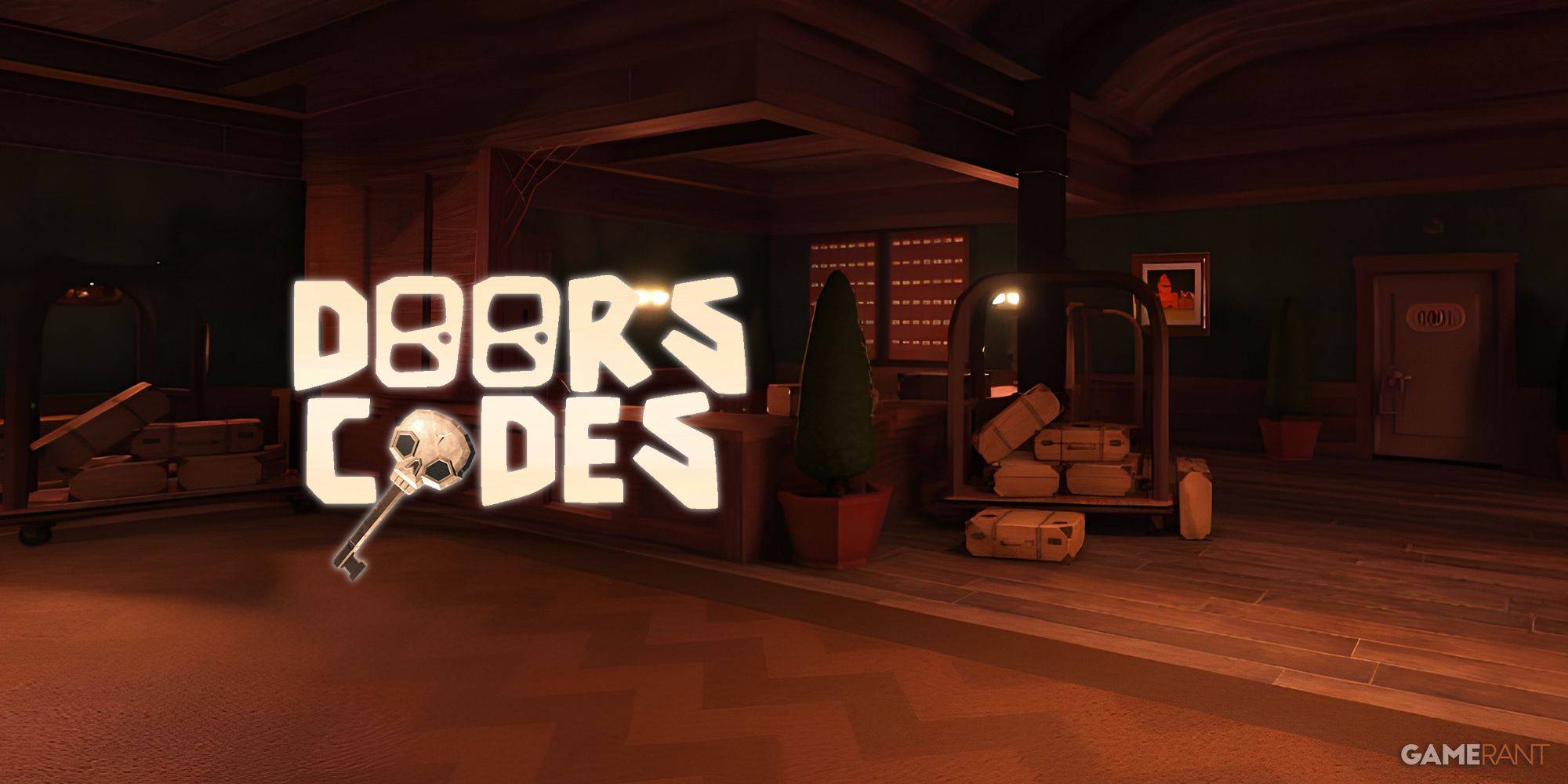
Get Exclusive Roblox DOORS Codes for January 2025
Feb 10,2025
-
8

Marvel Rivals Unveils Season 1 Release Date
Feb 02,2025
-
9

WWE 2K25: Long-Awaited Return
Feb 23,2025
-
10

Anime Fate Echoes: Get the Latest Roblox Codes for January 2025
Jan 20,2025
-
Download

Street Rooster Fight Kung Fu
Action / 65.4 MB
Update: Feb 14,2025
-
Download

Ben 10 A day with Gwen
Casual / 47.41M
Update: Dec 24,2024
-
Download

A Simple Life with My Unobtrusive Sister
Casual / 392.30M
Update: Dec 10,2024
-
4
Mega Jackpot
-
5
Day by Day
-
6
The Lewd Knight
-
7
Translate - Voice Translator
-
8
VPN Qatar - Get Qatar IP
-
9
Chewy - Where Pet Lovers Shop
-
10
Kame Paradise














